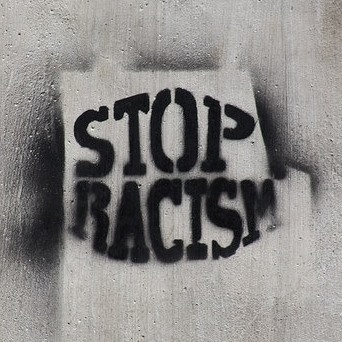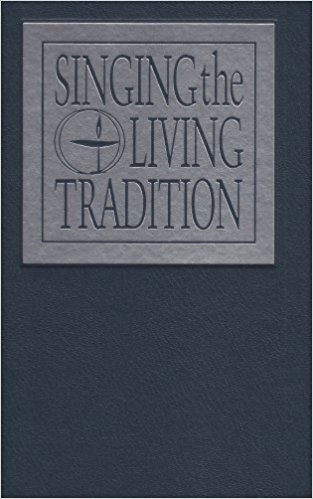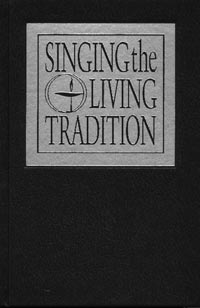Stand Up to Racism
From Rev. Steven Epperson, Parish Minister
Photo and story from the UUA President
Stand Up to Racism Metro Vancouver
 Please join me at the anti-racism rally at City Hall this Saturday sponsored by Stand Up to Racism Metro Vancouver. The rally begins at 12:45 pm.
Please join me at the anti-racism rally at City Hall this Saturday sponsored by Stand Up to Racism Metro Vancouver. The rally begins at 12:45 pm.
Thanks, Steven
Some thought on “False Equivalence” (Rev. Steven Epperson)
Given what many of us have been reading/seeing in the media this past week regarding events in Charlottesville, Virginia , I wanted to share some thoughts. On Tuesday, August 15th, the sitting President of the United States said: “You had a group on one side that was bad and you had a group on the other side that was also very violent.” Subsequently, I’ve read the expression “false equivalence” to describe his remarks.
When I hear the expression “false equivalence,” the first thing that comes to mind is messed up ways of thinking/reasoning. False equivalence is a mistaken belief that since two very different things (or arguments) may share a common trait that means they are basically similar/equal.
Examples:
1) A dog race is about to start. The two hounds running (a greyhound and a dachshund) are equal favorites to win. Ridiculous? Yes. That’s false equivalence at work where sharing a trait—dogs that are hounds—means there are no other essential differences between them. Under false equivalence, each has an equal chance to win the race.
2) “Gang bangers cover their heads with hoodies. Nuns cover their heads with habits. Therefore, nuns are no better than gang bangers.” Just because both cover their heads does not necessarily mean they are equally as likely to rob a gas station at gunpoint.
3) Racism says other races are essentially different. Anti-racism says other races are not essentially different. False equivalence states both are absolutist claims. Therefore, there is no difference between them. Put simply, this mistaken way of thinking/arguing claims apples and oranges are the same fruit simply because they both have seeds.
Examples of false equivalence are seemingly without end (e.g. “creationism and evolution both explain how we got here, so teach both sides,” etc, etc.). False equivalence is contributing to a slippery world of BS and “truthiness.” In fact, far-right protesters went to Charlottesville primed for violence in word and act; most counter-protesters adopted an entirely defensive posture. An adult should know the difference.
Let’s value and use our Unitarian Principle of a “free and responsible search for truth and meaning;” that search means knowing there’s a difference between an apple and an orange, a neo-Nazi and an antifascist, and that the difference means something; that it matters.







You must be logged in to post a comment.